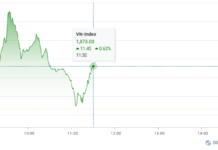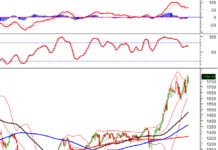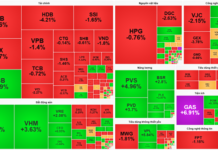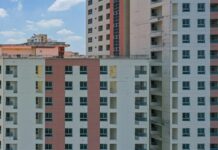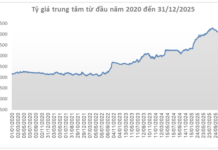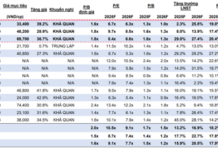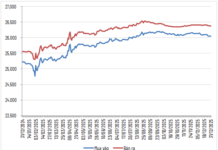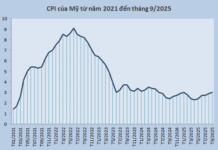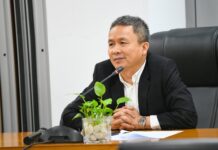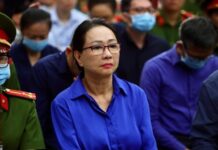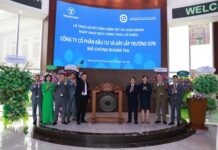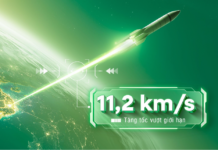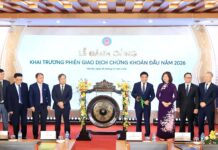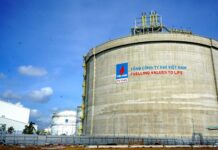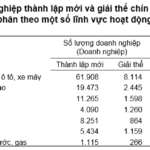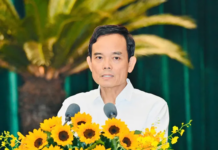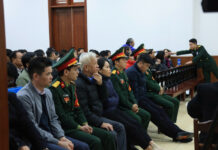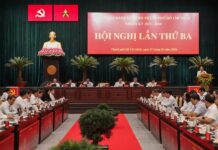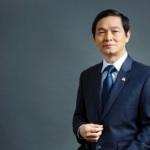During a recent press conference, Vietnam’s Ministry of Public Security announced that the Police Department for Investigation of Economic, Corruption, and Smuggling Crimes (C03) has initiated legal proceedings against Ms. Phan Thi My Thanh, former Deputy Secretary of the Dong Nai Provincial Party Committee, on charges of bribery.
Ms. Thanh is accused of misconduct related to the King Bay residential project, a 125-hectare development located in Long Tan commune, Nhon Trach district (now Nhon Trach commune, Dong Nai province). The project, officially known as the Long Tan Residential Area, is being developed by Free Land Joint Stock Company.
In connection with the case, C03 has also pressed charges against Dinh Quoc Thai and Cao Tien Dung, both former Chairmen of the Dong Nai Provincial People’s Committee; Vo Van Chanh and Nguyen Quoc Hung, former Vice Chairmen of the Dong Nai Provincial People’s Committee; Vo Thanh Nhuan, former Head of the Investment Department at the Dong Nai Provincial People’s Committee Office; and Ms. Vu Minh Ly, Chairwoman of Free Land Joint Stock Company.
These individuals are under investigation for violating regulations on the management and use of state assets, resulting in significant losses and waste.
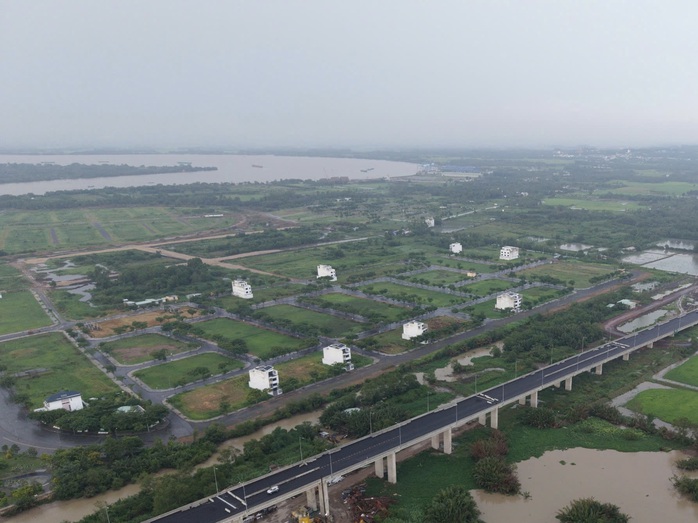
The 125-hectare King Bay project, located near the Nhon Trach Bridge (part of HCMC’s Ring Road 3), connects Dong Nai province with Ho Chi Minh City. The project is divided into four zones, featuring various housing types such as garden houses, commercial townhouses, and riverside villas. Additionally, the project includes amenities like a marina, riverside park, shopping center, and schools from kindergarten to high school.
The current state of the King Bay project has led to the downfall of several former Dong Nai provincial leaders.
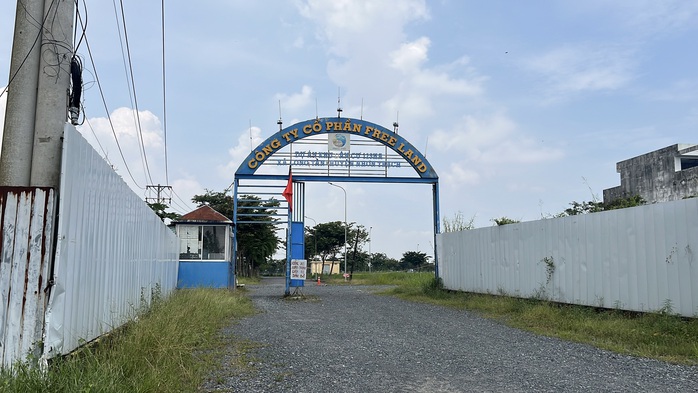
In September 2011, the Prime Minister approved the detailed planning for HCMC’s Ring Road 3. Subsequently, the Ministry of Transport approved the investment for the Tan Van – Nhon Trach route, a component of Ring Road 3. The total compensation and land clearance cost for the Tan Van – Nhon Trach route was 624 billion VND. To secure matching funds, in 2015, the Dong Nai Provincial People’s Committee approved the planning for the King Bay project, designating Ngu Long Tan Joint Stock Company as the developer.
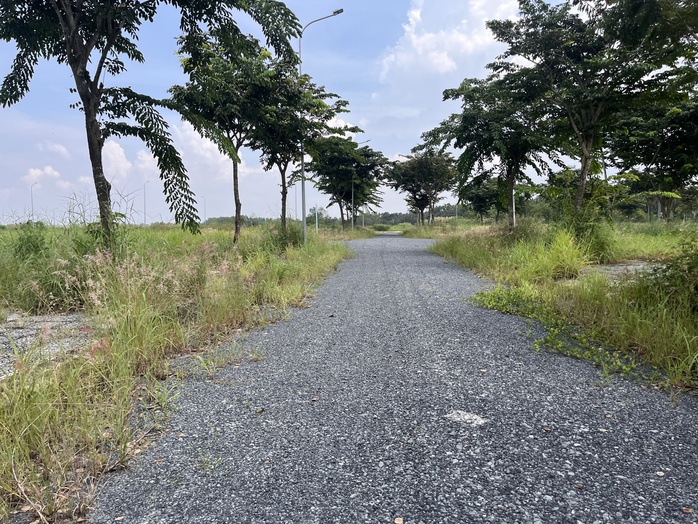
Between 2016 and 2017, the project’s legal procedures, including the investment policy, detailed construction planning at a 1:500 scale, and environmental impact assessment, were approved. Ngu Long Tan Joint Stock Company was renamed Free Land Joint Stock Company.
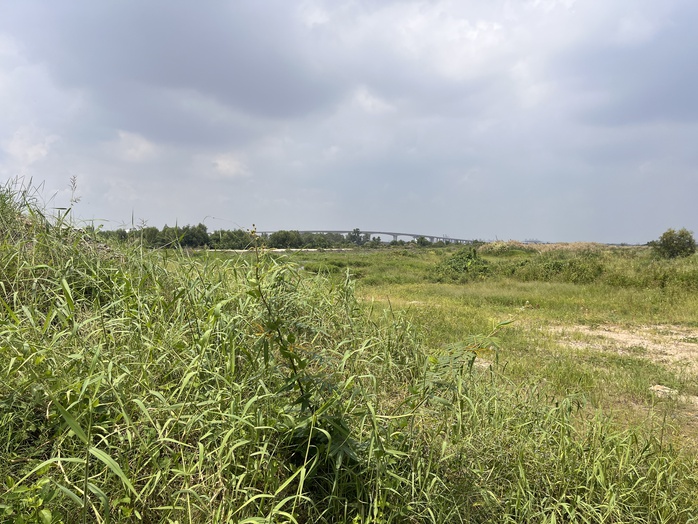
In 2018, the Dong Nai Provincial People’s Committee issued a decision allocating land and leasing it to Free Land Joint Stock Company for the development of the residential area as per the approved plan.
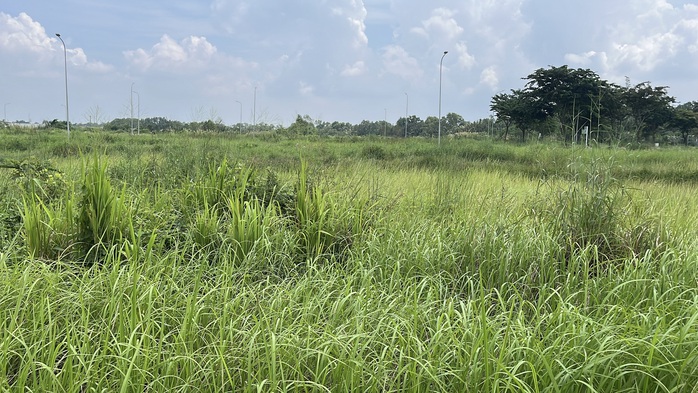
In March 2021, the Dong Nai Department of Construction issued a document confirming the eligibility to sell future housing for the A2 residential area, covering over 19 hectares within Free Land Joint Stock Company’s project. A few months later, the Dong Nai Department of Construction issued another document revoking the previous one, effectively canceling the sales eligibility.
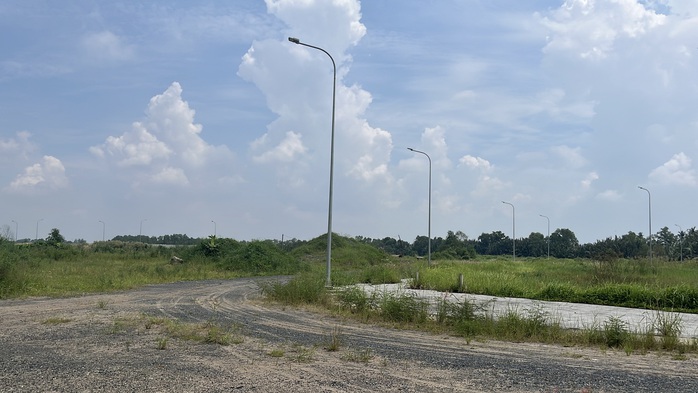
Numerous homebuyers at the King Bay project have filed complaints and reports with authorities in Dong Nai province and Ho Chi Minh City. They claim to have paid between 85% and 95% of the land value but allege that Free Land Joint Stock Company has failed to fulfill its contractual obligations and deliver the land as agreed.
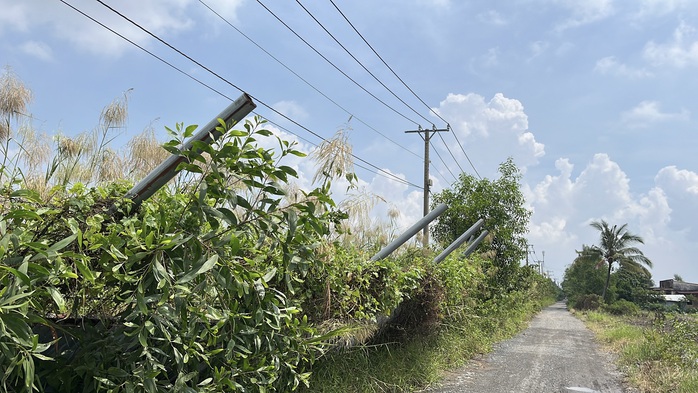
Road outside the project.
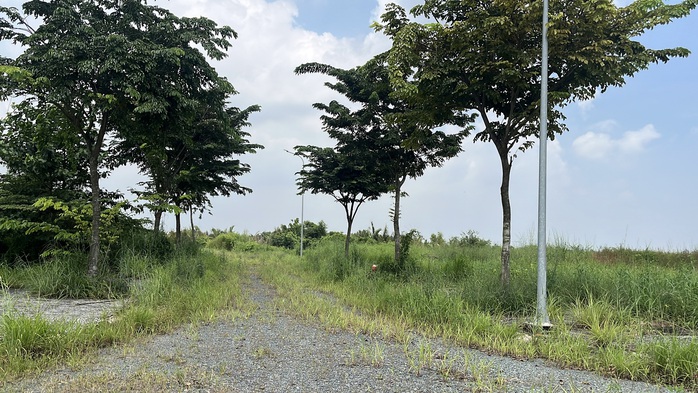
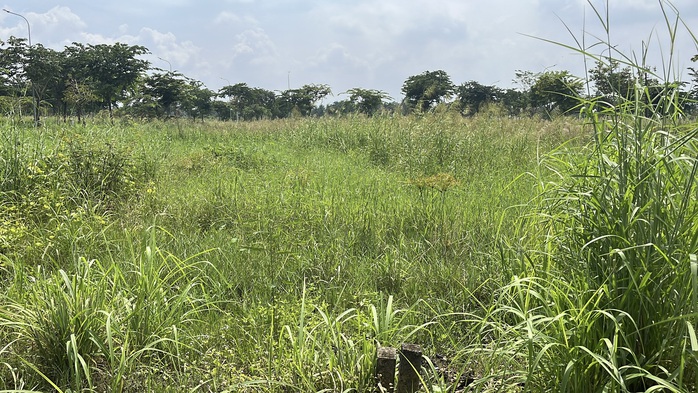
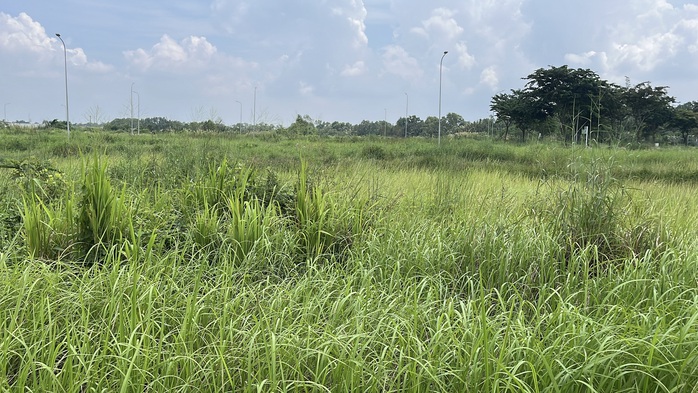
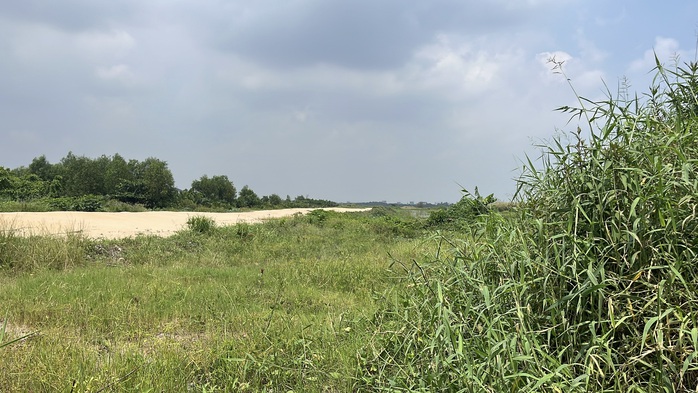
Overgrown vegetation at the project site.
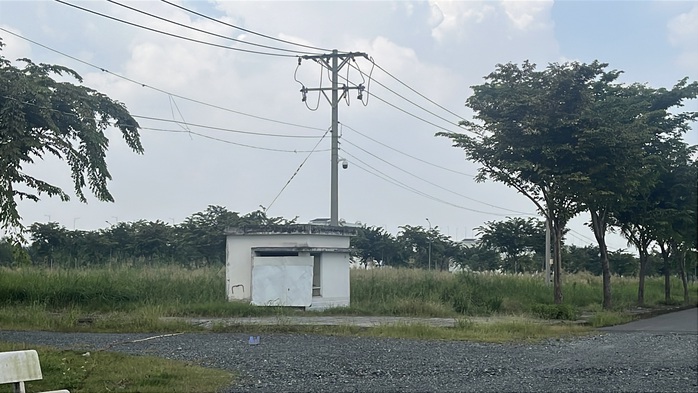
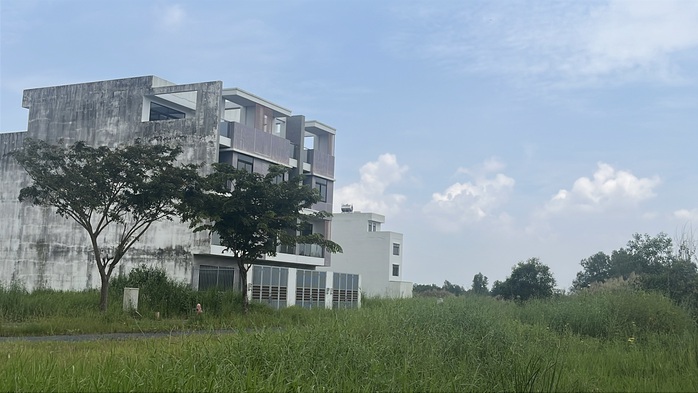
Sample houses at the project.
Hot News: FTSE Russell Upgrades Vietnam to Emerging Market Status
After more than seven years of anticipation, investors have finally witnessed a historic moment as FTSE Russell officially upgraded Vietnam to emerging market status.
Elevating Market Status: A Catalyst for Vietnam’s Stock Market Ascendancy
According to Tran Hoang Son, Director of Stock Market Strategy at VPBank (VPBankS), FTSE Russell’s confirmation of Vietnam’s stock market upgrade to Secondary Emerging status brings significant benefits. These include increased foreign investment inflows, enhanced market liquidity and efficiency, elevated economic reputation and standing in the region, and accelerated economic and corporate growth.

